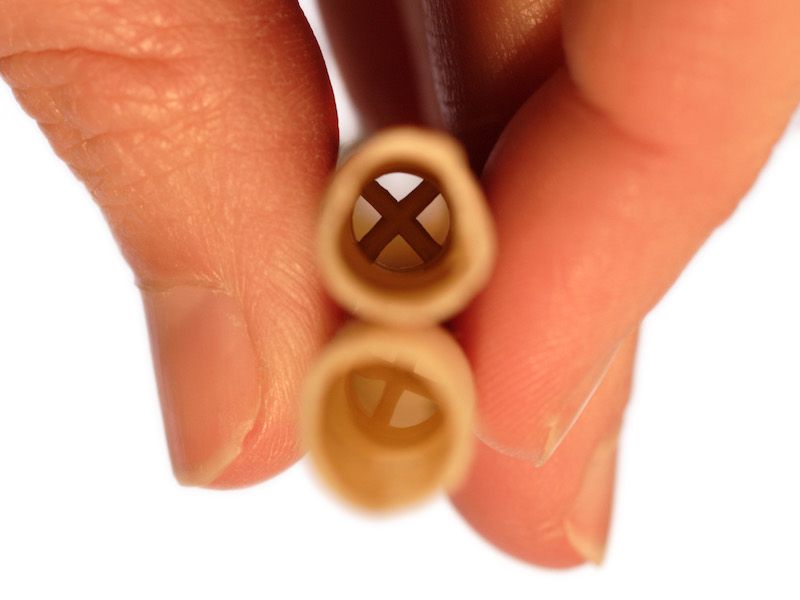
In some communities, the practice called “ear candling” is persistently thought to be an effective way to decrease earwax. Does ear candling work and what is it?
Is Ear Candling Effective?
Spoiler alert: No. They definitely don’t work.
Why then do normally reasonable people routinely accept in this pseudo-science. That’s a difficult question to answer. But although the rational choice is quite clear, understanding more about the risks of earwax candling will help us make an educated choice.
Earwax Candling, What is it?
So the basic setup goes like this: Perhaps you have too much earwax and you’re not quite sure how to eliminate it. You know you aren’t supposed to use cotton swabs (which is good, cotton swabs are not an ideal way to clean out your ears, in general). So you start looking for a substitute and stumble on this method known as earwax candling.
Earwax candling is supposed to work as follows: By sticking a candle in your ear (wick side out), you create a pressure differential. The wax in your ear, then, is pulled outward, towards the freedom of the open world. Any wax that may be clogged up in your ear can, in theory, be pulled out by this amount of pressure. But cleaning your ears this way can be dangerous.
Why Isn’t Ear Candling Effective
This practice has several problems, including the fact that the physics simply don’t work. It would require a significant amount of pressure to move earwax around and a candle is not capable of creating that amount of pressure. Also, a candle doesn’t have the sort of seal needed to maintain pressure.
Now, the candles that they use in these “treatments” are supposed to be special. When you’re finished with your fifteen minutes of ear candling, you can break up the candle and, in the hollow, see all bacteria, debris, and wax that was in your ear. But the issue is you can find this same material in new unburned candles too. So the entire practice amounts to fraud.
Scientific analysis has been unable to prove any benefit regarding earwax candling.
So Earwax Candling Doesn’t Work, But How Safe is it?
So, you might as well give it a shot, right? Well, you’re looking for trouble whenever you get a hot candle near your ears. You might be ok if you decide to try earwax candling. Plenty of people do. But that doesn’t imply there aren’t risks involved, and it certainly doesn’t imply that ear candling is safe.
Here are some negative effects of ear candling:
- Severe burns to your inner ear. When melted candle wax goes inside your ear, it can cause serious hearing problems and burns. This could permanently jeopardize your hearing in the most severe cases.
- Any time you’re messing around with an open flame, there’s a chance that you may trigger serious harm and put your life in danger. You wouldn’t want to burn your house down, would you? It’s not worth the danger to try this useless technique of wax elimination.
- Candle wax can also clog up your ear canal once it cools down. This can cause temporary hearing loss or, in the most extreme cases, call for surgery.
You Can Clean Your Ears Without Needing a Candle
Most people will never actually have to worry about cleaning earwax out of their ears. That’s because your ears are really pretty good about cleaning themselves! But you might be one of those people who have an unusually heavy earwax production.
If it turns out that you have too much earwax there are practices that have been proven to work safely. For example, you could get a fluid wash. Another alternative would be to consult a hearing care professional for an earwax cleaning.
You should continue to avoid cotton swabs. And you should also avoid using an open flame to clear out earwax. Earwax candling is a technique that has no benefit and will put your ears, and your entire person, at considerable risk of damage and injury. Try burning candles for their sent or for enjoyment but not as a method to clean your ears.
